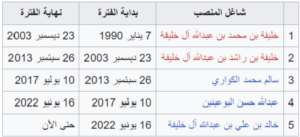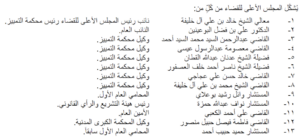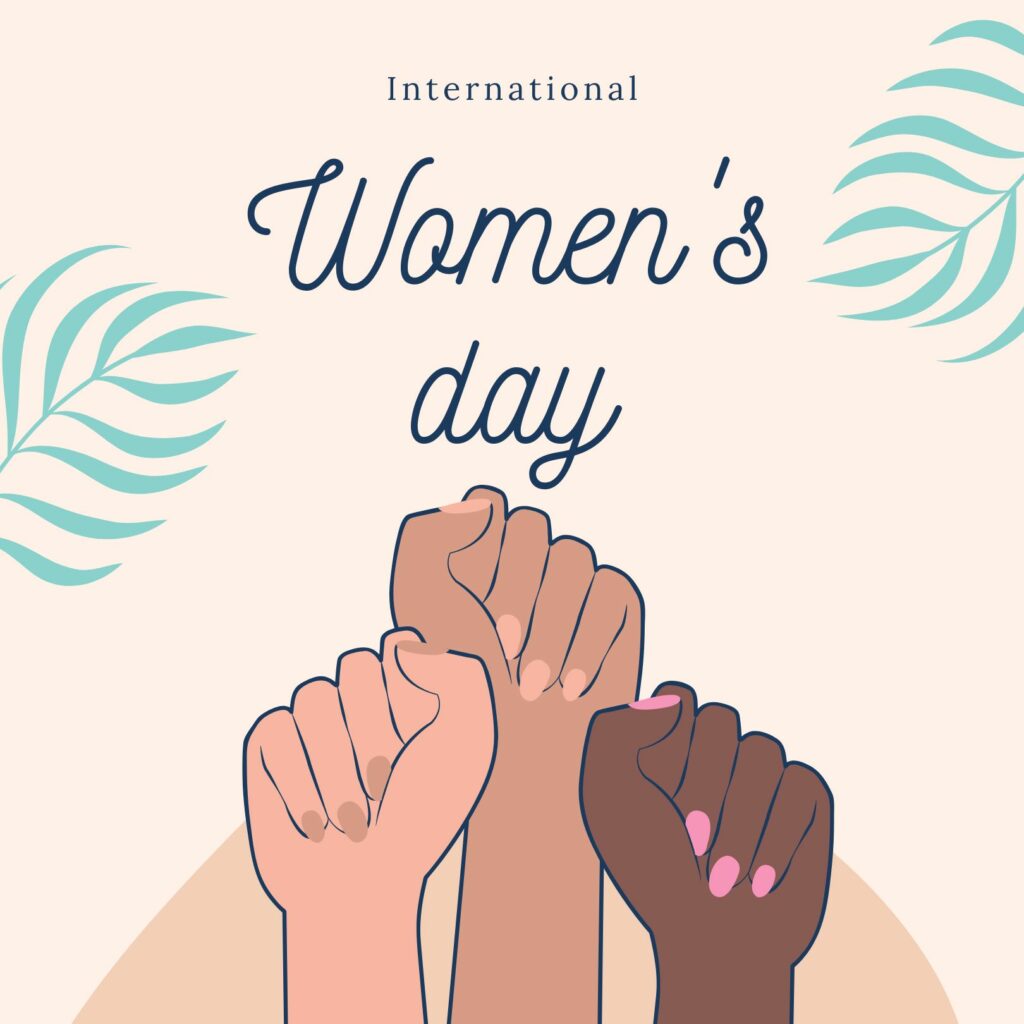On International Women’s Day,
SALAM DHR: The Government of Bahrain Must Increase Reformative Measures to Eliminate Gender Discrimination
International Women’s Day is an annual global observance that takes place on March 8th, which celebrates the social, economic, cultural, and political achievements of women. It is also a reminder of the continued struggle for gender equality and women’s rights worldwide.
SALAM DHR understands there is no future for any country without social justice and equality between men and women generally, and between all citizens specifically. It is a condition for achieving a sustainable future and one of the primary goals of sustainable development. Progress has been made on gender equality in Bahrain, but there are still severe challenges and discriminatory laws. Moreover, women remain underrepresented in the country.
For International Women’s Day, SALAM DHR congratulates all women in Bahrain, who have represented the face of dignity amidst adversity. This most recently includes their critical role in combating the spread of the Covid-19 pandemic in Bahrain. Throughout the pandemic, women were on the front lines as doctors and nurses. Women also play a significant role in education and in all other sectors in Bahrain. Perhaps most importantly, Bahraini women play a significant role in the field of human rights, fighting injustice there and around the world.
Tragically, Bahraini Penal Code allows rapists to avoid punishment if they marry their victim. According to Decree of the Penal Code No. 15 of 1967, individuals who sexually assault a woman without her consent are subject to life imprisonment, while those who assault a victim under 16 years old face the death penalty or life imprisonment. Article 353 of the Penal Code exempts the perpetrator from punishment for rape, sexual assault, or immoral acts from criminal prosecution if the victim marries them. It states:
The court may not impose a penalty on a person who commits one of the crimes stipulated in the previous articles if a valid marriage was concluded between him and the victim. If a final judgment was issued against him before the marriage contract was concluded, its execution shall be suspended and its criminal effects shall end.
The Government of Bahrain continues to maintain reservations on Article 9 of the Convention on the Elimination of All Forms of Discrimination against Women, “States Parties shall grant women equal rights with men with regard to the nationality of their children.” In Bahrain, there is discrimination between men and women with regard to granting nationality to children, as local laws do not allow Bahraini women married to non-Bahrainis to grant their children Bahraini nationality. Moreover, Bahrain still has reservations regarding Paragraph (2) of Article (9) of the Convention on the Elimination of All Forms of Discrimination against Women, which states that “state parties shall grant women equal rights with men related to the nationality of their children” because it conflicts with the Bahraini Nationality Law.
The Government of Bahrain discriminates against women in the issuance of passports for children, as it stipulates that the father must be present in person and does not allow a Bahraini mother married to a Bahraini man to submit a request to the Ministry of Interior for Nationality, Passports and Residence Affairs to request the issuance of a passport for her children.
Women in Bahrain continue to face discrimination in terms of being appointed to high-level positions, particularly when compared to the number of men appointed to such positions. This is evident in various areas such as diplomatic appointments, the formation of committees, ministerial appointments, and appointments to the judiciary:
In the last ministerial formation appointed by the king, 5 women were appointed out of 25 ministers, and so-called “sovereign ministries” had no female members. Members of the Shura Council were also appointed, including only 9 women out of the 40 members. In recent appointments to the diplomatic corps, the king appointed 37 ambassadors, including only 2 women, and the Board of Directors of the Central Bank of Bahrain consists of 7 people, 6 of whom are men, with only 1 woman.
The Court of Cassation in the Kingdom of Bahrain is the highest court in the country, its members are appointed by the king. Since its establishment, it has never had a female president.

According to Royal Decree No. 40 of 2022 regarding the restructuring of the Supreme Judicial Council, only 2 women were appointed out of 13 members.

As we mark this day, SALAM for Democracy and Human Rights calls on the Bahraini government to implement further reforms to eliminate gender discrimination in all areas where women still lack fundamental rights. Additionally, it is crucial for the government to continue and accelerate future development in this field, addressing human rights concerns and working towards achieving sustainable development goals.


 العربية
العربية Français
Français Deutsch
Deutsch